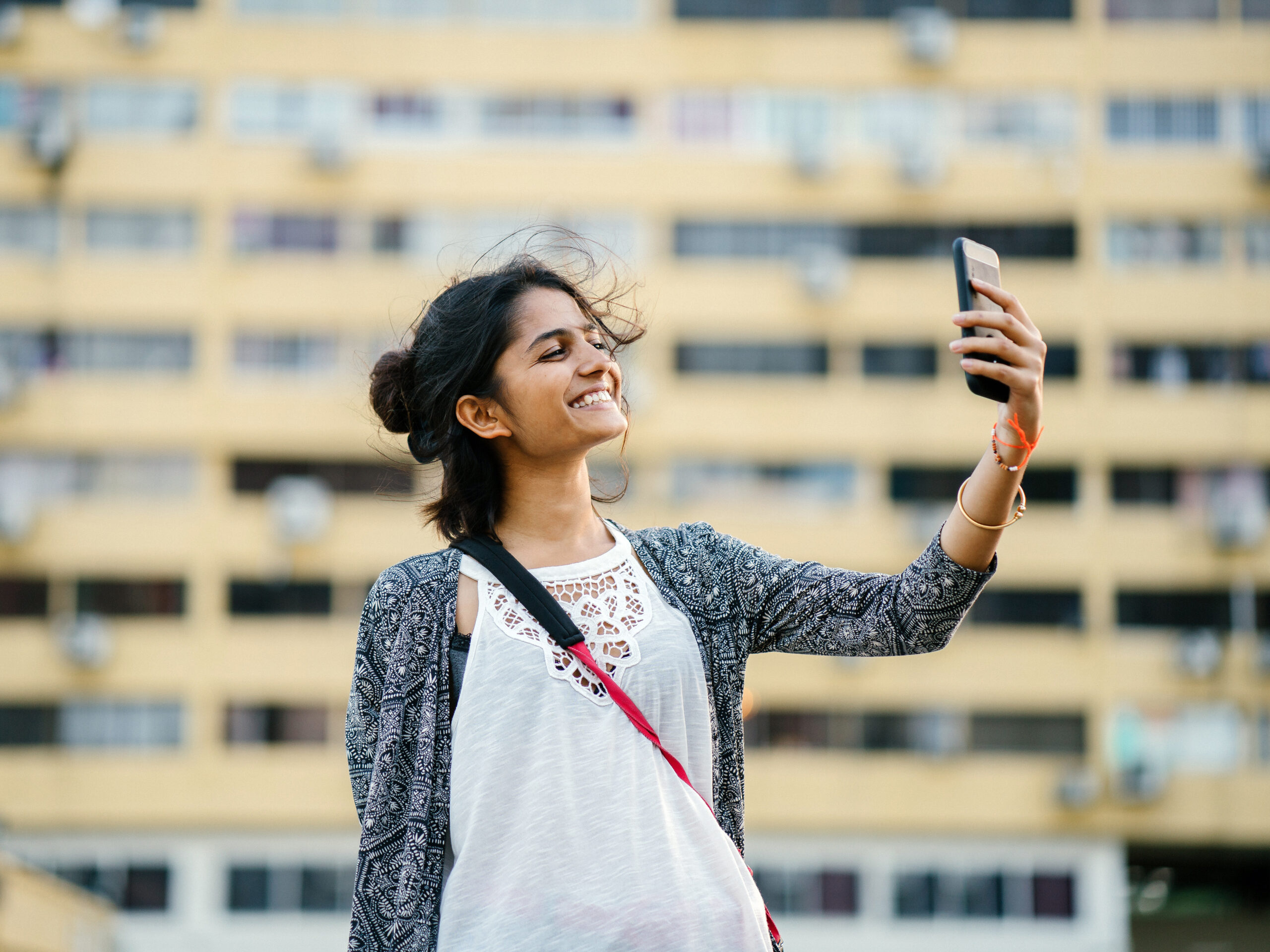
With social media becoming increasingly powerful, the selfie is being brought into question. Many believe it to be a negative tool used to put others down. On the other hand, others believe that it is a method used by individuals to project their insecurities onto the rest of the world. Nevertheless, whether this may be true for a small percentage of people, it is still not a big enough problem to ban the selfie altogether. Rather, there are larger issues on social media, such as trolling and political figures using their platforms to spread false information, that need greater attention than a young man or woman posting a picture of themselves at the beach.
First and foremost, the action of banning the selfie altogether is impossible. Individuals have proposed to implement a policy where if someone were to post a selfie, they would be banned from the platform for a number of days. The amount of backlash this decision would inevitably meet would be astronomical — so much so that there is no point in even proposing this as a possibility in the first place. Furthermore, banning the selfie is way too severe, and the strict policy mentioned previously would be better used in other areas on the internet. Banning accounts and posts would be more helpful in situations such as monitoring the spread of false information about elections or the coronavirus. Implementing such severe controls on something as minuscule as the selfie is a waste of authority.
While it should be agreed upon that there are some pictures out there that are “NSFW” (Not Safe for Work), that still should not mean that all pictures need to be banned entirely. There would be no point to have social media if no one is able to post anything anyway, since a majority of posts on these platforms are selfies. On the other hand, with free speech advocates, this would be a tricky process to navigate since people would most likely get up in arms about being censored, or having their rights stripped from them. Overall, the pros of banning pictures would not be enough to outweigh the immense amount of cons. The only positive thing to come out of banning pictures is that there would be a lower chance of someone posting a sexist or racist photo. However, there are already community guidelines on social media platforms that either take down the photos automatically or allow people to report them to be taken down.
Although many people may feel a sense of “FOMO” (the phobia known as “Fear of Missing Out”), when seeing posts on social media, there are more pressing issues on the internet that deserve more attention. If the government is going to exercise their power of controlling the internet, it would be best put towards more serious occurrences happening online and not pictures of people in Los Angeles or facing their bathroom mirror.







